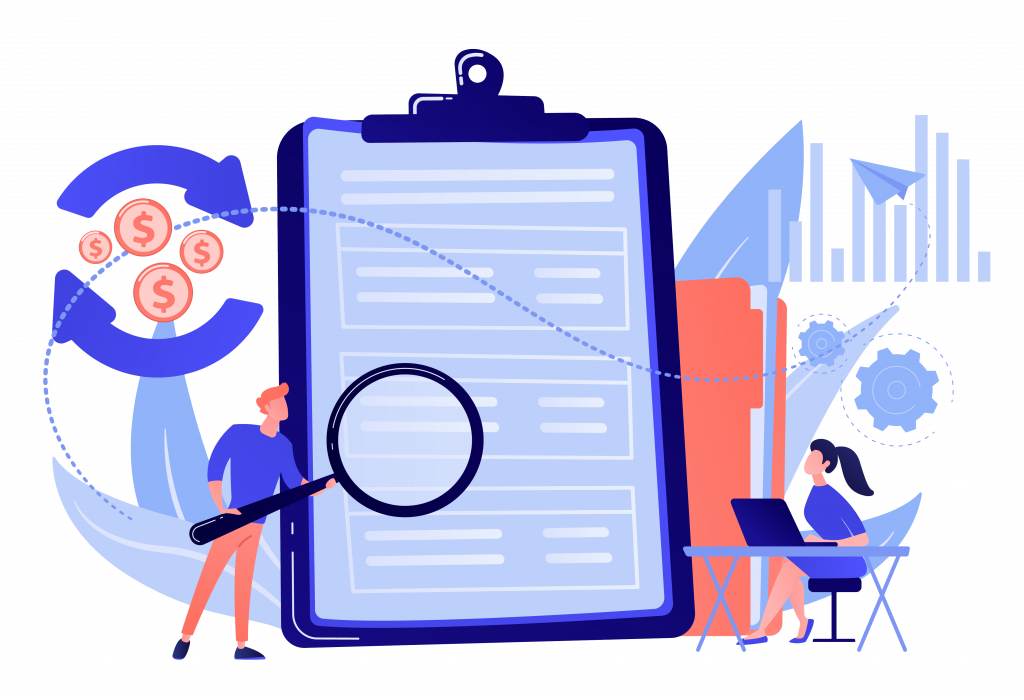BLOG
Changes in Accounts Treatment of Operating Leases and the Impact on Loan Covenants

Issued by the Financial Accounting Standards Board (FASB) as Accounting Standards Codification (ASC) Topic 842, Leases, the new guidance requires lessees to recognize assets and liabilities substantially for all leases.
- The deadline for compliance with ASC 842 for public companies is December 15, 2018; however, the provision will become effective December 15, 2019 for private companies and all other entities. Additionally, any entity could provide early adoption as needed.
Operating leases, which previously were held off balance sheet, will now be required as line items on a company’s balance sheet. Depending on your lender and on how your loan agreements are written, this change could have significant impacts on your loan covenants.
Loan Covenants that are likely to be affected:
- Current ratio
- Debt to net worth
- Funded debt to EBITDA
Two things borrowers can do to protect against potential adverse impacts:
#1: Review existing loan agreement language stipulating what happens with GAAP changes.
Many loan agreements have clauses explaining that covenant violations stemming from GAAP accounting changes don’t result in a debt covenant default or at the very least, the GAAP changes require both parties to renegotiate in good faith. If your agreement has this provision then you should be more protected against adverse affects on your financial covenants. If your loan agreements do not have this provision, then you may be at risk of a technical default.
#2: Be mindful and negotiate this provision into new amendments and leases.
Lenders have been preparing for these changes with public company borrowers and will likely communicate revised language in loan renewals and in new leases as the requirement date approaches for private companies. However, you should be sure to highlight this during the next time you speak with your lender.
Automated loan compliance
Since many companies still use disparate systems to manage loan compliance, discovering the impacts changes might have to your specific credit agreements can be difficult. Moreover, most companies only track financial covenants and fail to regularly review the non-financial language baked into the credit agreements. Luckily, there is new automated software tools to improve the tracking and reporting of credit agreements. Here are some benefits to Cerebro’s platform:
- Easily identify and analyze loan agreement to determine if there is a provision to avoid covenant defaults from changes in GAAP.
- Clear sensitivity analysis to determine how much cushion is available for operating leases if a lender were to reclassify them as funded indebtedness
- Cerebro’s expert transactions team can systematically run a credit search to find lenders that take a more sympathetic approach to covenants if your lender becomes too difficult.
Ready to get started?
Join the thousands of mid-sized companies who have used Cerebro.
Related Content

The world of middle-market lending has changed. Before COVID-19, traditional lenders showed flexibility as they worked to expand their books of business.

Increase the Chances of Closing a Loan
Significant disruptions to the lending landscape in the past four months have left corporate borrowers scrambling to stay on top of changing requirements

CFOs need to be constantly aware of how their company’s financial performance and market shifts affect its debt capacity, which is the best measure of your business’ ability to borrow.
- info@cerebrocapital.com
-
12 W Madison St.
Baltimore, MD 21201 - Cerebro Capital
- @cerebrocapital




